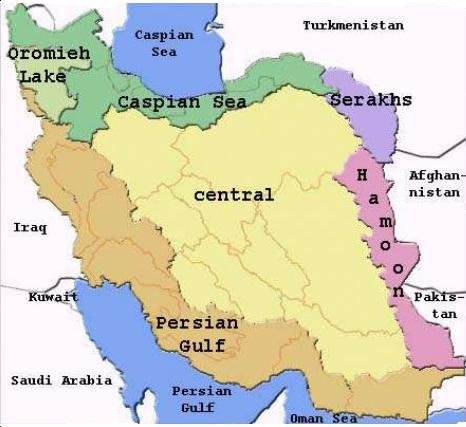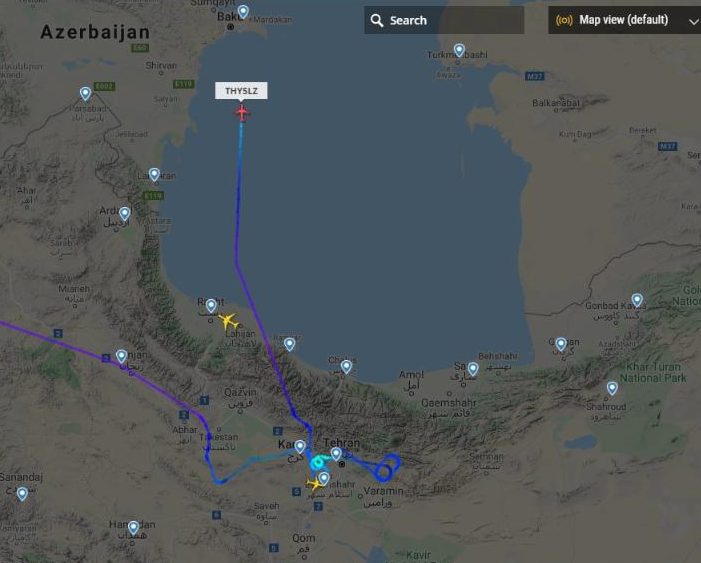February 26, 2021
For the sixth time since the end of November, the US has flown a B-52 bomber to the Persian Gulf. Most importantly, this flight was the first authorized by the Biden Administration. It was flown January 27, seven days after Biden was sworn in.
And 3-1/2 weeks into the Biden Administration, Iraqi allies of the Islamic Republic fired a barrage of rockets at a US base in Iraq, though that has not sparked any US response.
The B-52 flight signals that the Biden Administration isn’t going to treat the Islamic Republic as a warm, cuddly kitty. While it doesn’t suggest Biden is prepared to make war on Iran, it is intended to signal to Iran that it should not think the new Biden Administration is unwilling to respond to military provocations from Iran.
The US Central Command (CENTCOM) announced the flight and said the bomber was joined by F-15s from Saudi Arabia’s air force while in the region.
The previous five flights each involved a pair of B-52s, but CENTCOM said just one bomber flew to the region this time. The bomber flew out of Barksdale Air Force Base in Louisiana. All the flights have come from the middle of the United States in a seeming effort to signal to Tehran that American troop withdrawals from the region don’t mean Iran is out of reach militarily.
Since the first such fly-by in November, CENTCOM has said the flights are intended to display resolve to the Islamic Republic.
In addition to the B-52 flights, during the closing weeks of the Trump Administration CENT-COM sent an aircraft carrier and a submarine into the Persian Gulf for visits that were very brief but also highly publicized.
The submarine USS Georgia was really the biggest threat display. It carries quantities of Tomahawk cruise missiles, which have pinpoint accuracy but for which Iran has no defense. The Georgia alone could probably do more damage to the Islamic Republic than Iran’s entire missile force could exact in retaliation.
The Biden Administration has not yet taken any other action challenging to Iran. In fact, in its first month in office it did not even issue even a single sanction against Iran. In the 11 weeks between the presidential election and the inauguration, the Trump Administration issued sanctions against 365 people and institutions or an average of almost five per day.
But it remains uncertain if this reticence, apart from the B-52 flight, has had any impact on Tehran. On February 15, a barrage of 15 rockets was fired at the Erbil airport in the Kurdish region of Iraq, where the US military is based, killing a non-American military contractor and wounding one US soldier.
A Shia group that had never been heard from before last year, and which proclaimed loyalty to Iran, claimed credit for the attack, which if dedicated to the late Maj. Gen Qassem Soleymani and the late Iraqi militia commander Abu Mahdi al-Muhandis, both assassinated by the US 13 months earlier.
The US media pressed Biden Administration officials on whether it would retaliate against Iran, which loudly proclaimed it had no involvement with the attack. The Biden Administration made routine condemnations of the attack and asserted the right to retaliate. But, thus far, it has done nothing. However, the Trump Administration would not likely have taken any action; its published standard was to retaliate whenever any American was killed by Iranian surrogates in Iraq. And no Americans were killed in the last rocket barrage.

















